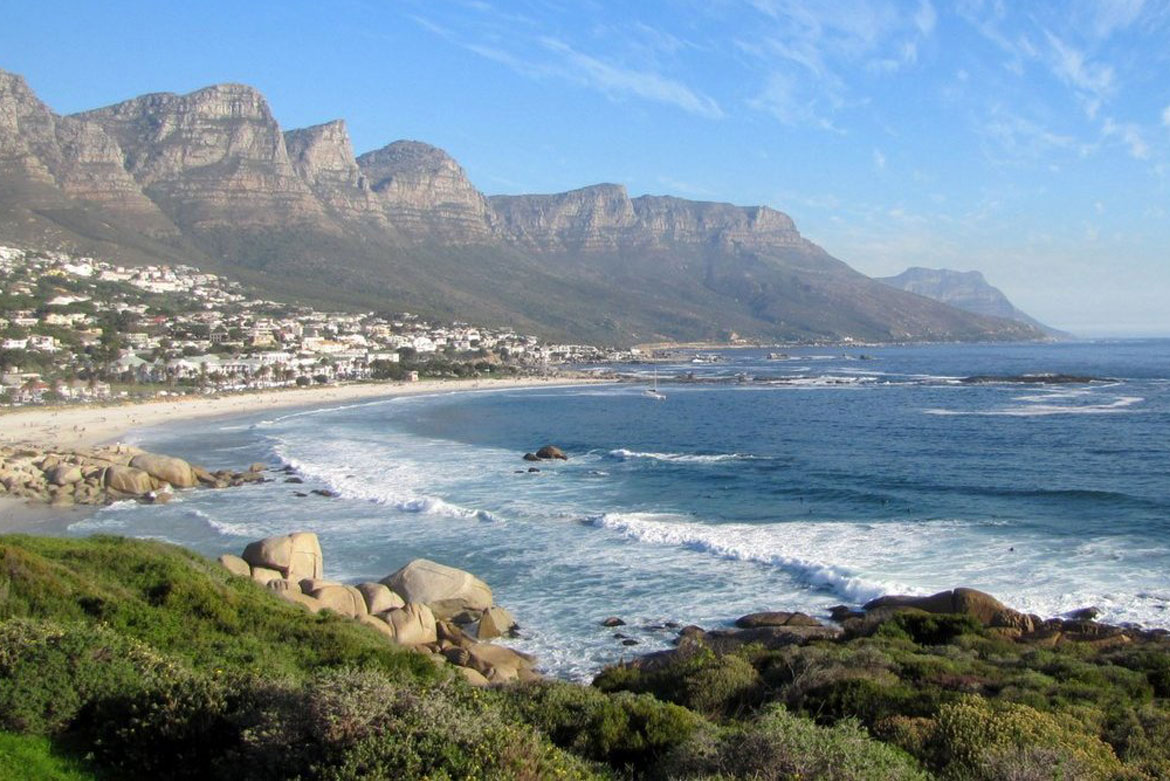South Africa is determined to revive its economy after the harsh period of COVID-19 it has experienced. With this in mind, tourism, which constitutes an important sector of the country, could experience, in particular with the institution of a “Digital Nomad Visa”.
The subject is now on the table of the South African authorities. Apart from Mauritius, Seychelles, Cape Verde, the countries of the African continent, at least the most touristic, have not yet adopted this new means of attracting customers. And yet, the "Digital Nomad Visa" has already proven itself elsewhere and could well serve the interests of many African countries in terms of tourism, or even in business.
South Africa is one of the most touristic countries in Africa. In addition to the diversity of landscapes and cultural and historical heritage, there are also numerous natural parks. With the history of Apartheid and Nelson Mandela or even Chaka, the King of the Zulu and many archaeological discoveries, there is really enough to fuel tourism and attract many visitors from around the world. For a sector credited in the national economy with nearly 10 billion dollars, or 8.2 billion euros, we are well aware of its importance. Between transport, hotels and restaurants, museums, etc., it is indeed a sector that provides jobs and which the country badly needs.
To revive the tourism sector, the professionals who met at the World Travel Market Africa fair in Cape Town, defended the idea of establishing the famous "Digital Nomad Visa" for the country, which has proven elsewhere in several countries. This is the case, for example, of Thailand. The introduction will consist of authorizing people to be able to travel or work in the country for a longer period than usual without having to change their main residence.
In Spain where tourism is already well organized and well developed, the country's authorities have decided to launch its digital nomad visa. Thus, those who are now called who are employed by Spanish clients or companies will be able to benefit from authorization to enter Spain for a period of 6 to 12 months without the need for them to have to temporarily change their place of residence. Not to mention that, for some, this visa is likely to be extended for up to 3 years.
Velma Corcoran, the Airbnb group manager for sub-Saharan Africa supports this idea by insisting to say: "Several countries have already adopted it: Dubai, Greece, the Maldives... These destinations have experienced significant growth in the number of tourists (…) What we have done at Airbnb is to work closely with the Italian Ministry of Tourism to move forward on the issue of the digital nomad visa”.
South Africa could well benefit greatly from this practice to boost its tourism sector. But it would still have to do everything to improve certain things. If indeed it wants to attract more tourists than in the past on its territory.
Despite its enormous tourism potential, the country is infamous internationally for its high crime rate. Even President Cyril Ramaphosa does not say the opposite, confiding: "The Chinese president told me himself: many Chinese tourists want to come to Africa and in particular to South Africa, but what is holding them back are the crime problems”. But from the moment the disease is diagnosed, all that remains is for the various actors to work together in order to achieve the expected results. It is in the interest of the tourism sector and the national economy in South Africa.
By Albert Mory














